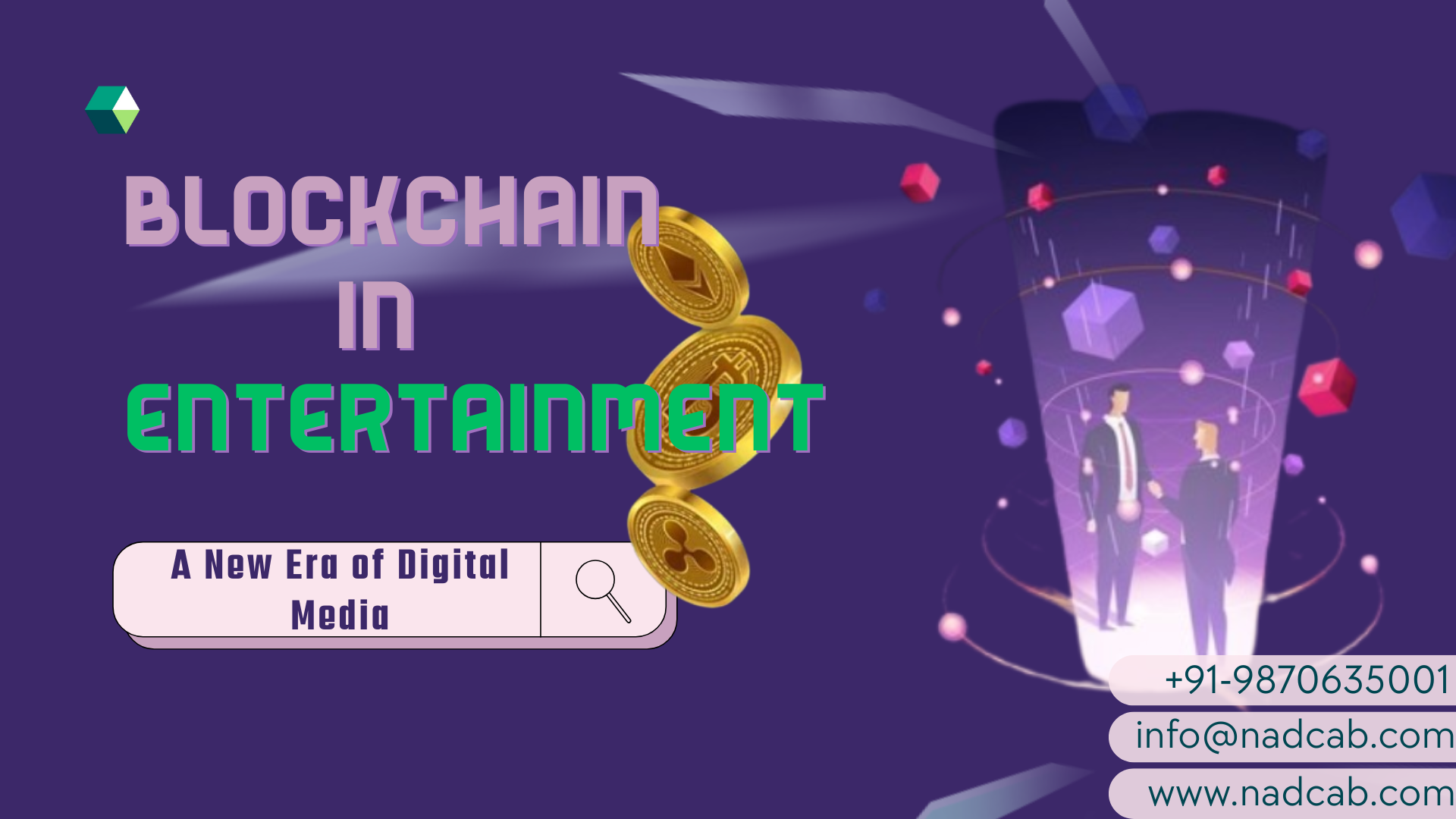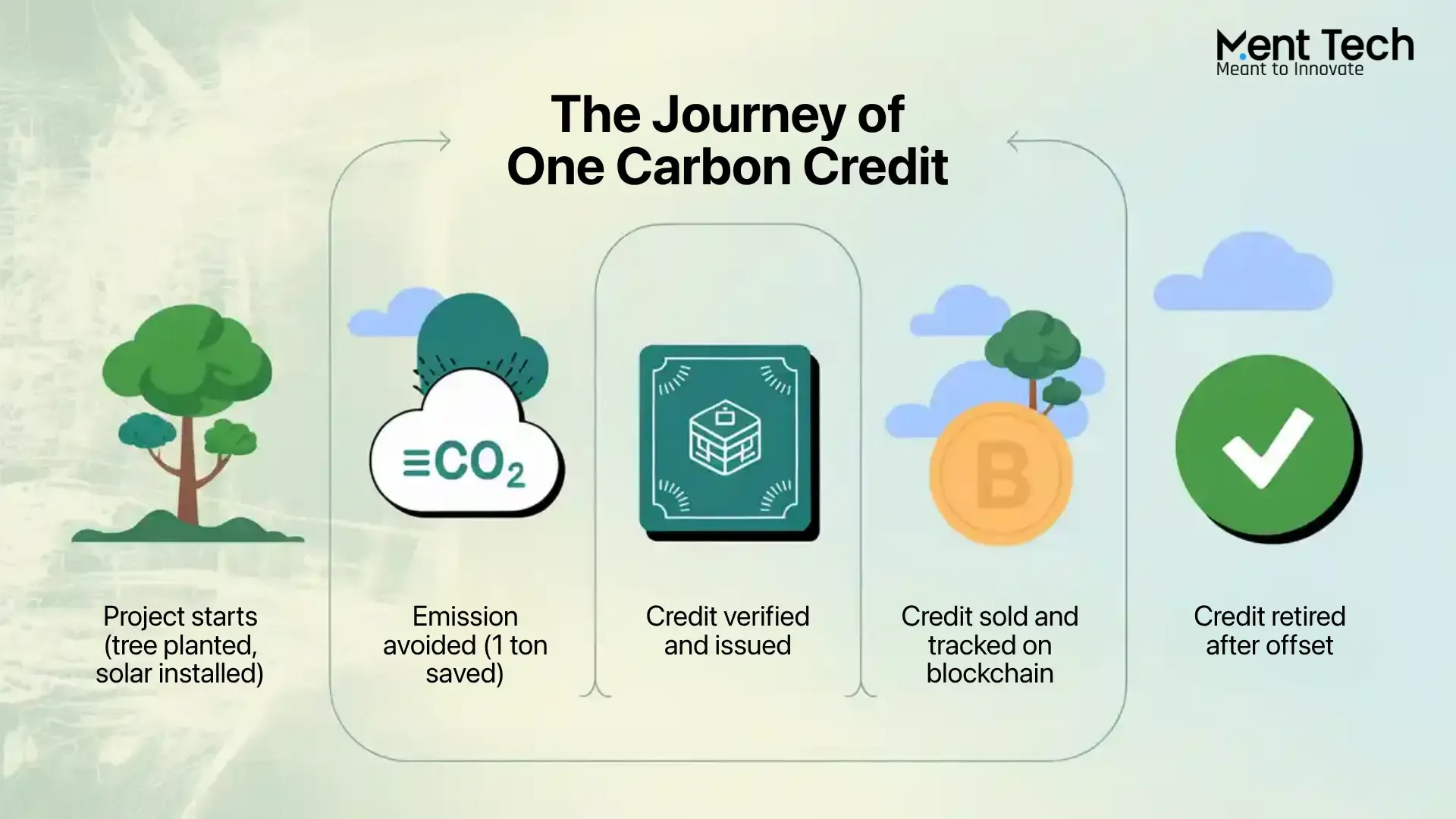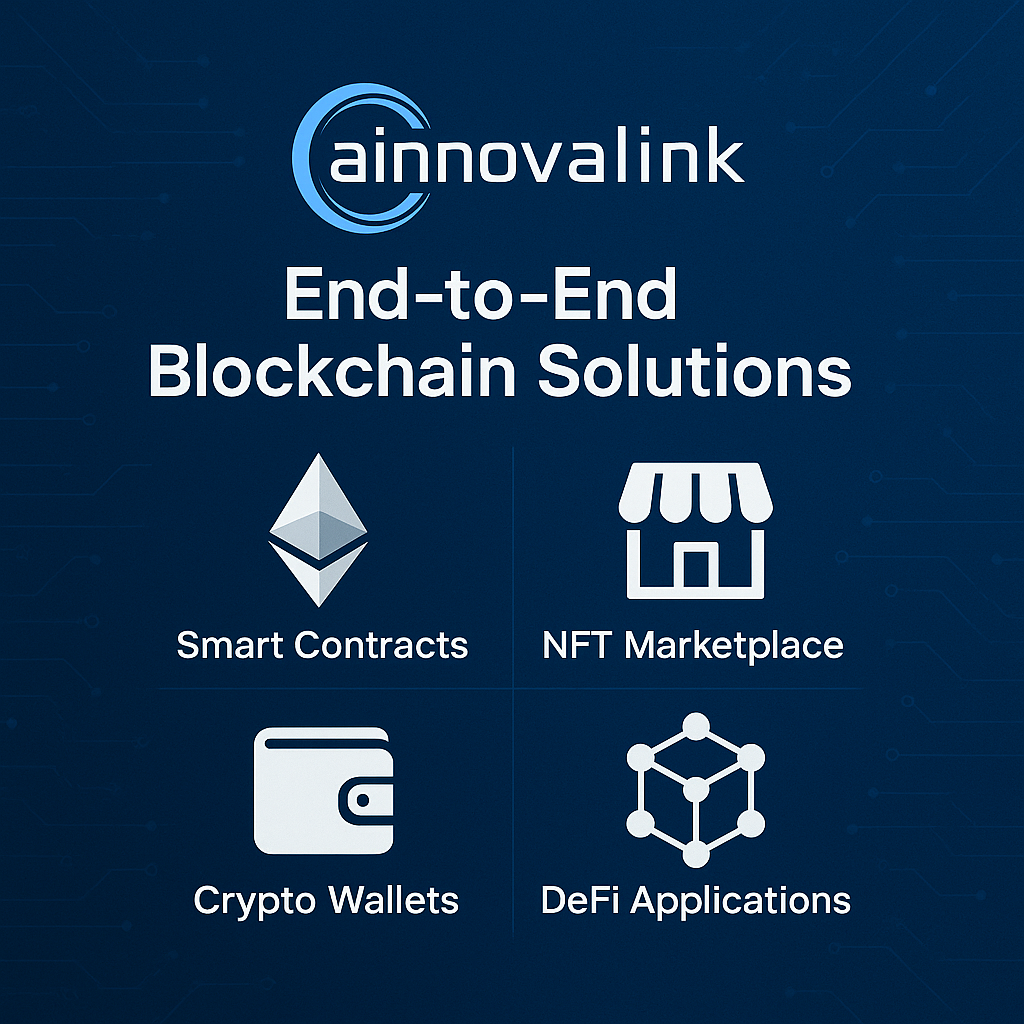Blockchain in Entertainment: A New Era of Digital Media

Strong 8k brings an ultra-HD IPTV experience to your living room and your pocket.
The entertainment industry is undergoing a profound digital transformation, with new technologies reshaping how content is created, distributed, and consumed. Among these technologies, blockchain stands out as a game-changer. Originally developed for cryptocurrency, blockchain’s decentralized, transparent, and immutable nature offers unprecedented opportunities for content creators, distributors, and consumers. This article explores the rise of Blockchain in Entertainment, its practical applications, and how it is set to revolutionize the industry.
✍️ Energy concerns are a major criticism of blockchain. In our blockchain energy impact guide, we explore solutions like Proof-of-Stake to reduce consumption.
Understanding Blockchain Technology
Before diving into the implications of blockchain in entertainment, it's essential to understand what blockchain is. In simple terms, blockchain is a distributed digital ledger that records transactions across multiple computers in a secure, tamper-proof manner. Each entry, or block, is time-stamped and linked to the previous one, creating a chronological chain of data that is resistant to modification.
This technology is decentralized, meaning no single entity controls the data, and every participant has access to the same information. This feature is particularly valuable in industries where trust, transparency, and intellectual property rights are crucial—making it ideal for the media and entertainment sectors.
Blockchain in Entertainment: Key Opportunities
1. Royalty Distribution and Payments
One of the most significant challenges in the entertainment industry is ensuring fair compensation for artists and content creators. Traditional systems are riddled with intermediaries, opaque accounting practices, and delayed payments. Blockchain in entertainment introduces smart contracts—self-executing contracts with terms written into code—that automate royalty payments. This means artists can be paid instantly and transparently every time their work is used or sold.
For instance, music streaming platforms can use blockchain to track each stream in real time and ensure the artist receives a fair share of revenue without waiting months for payouts. This model drastically reduces disputes and enhances trust between creators and distributors.
2. Digital Rights Management (DRM)
Piracy and unauthorized distribution have long plagued the entertainment industry. Blockchain Development for Media and Entertainment introduces more secure and transparent DRM solutions. By recording ownership and usage rights on the blockchain, stakeholders can verify who owns what and how content can be used.
This ensures that every piece of content—from movies and music to digital artwork—is protected from unauthorized duplication. With blockchain, rights holders can track when, where, and by whom content is accessed, significantly reducing piracy.
3. Tokenization and Fan Engagement
Tokenization involves converting real-world assets or access rights into digital tokens that can be bought, sold, or traded on the blockchain. In the context of Blockchain in Entertainment, tokenization enables artists to sell tokenized rights to songs, videos, or even concert tickets. Fans can purchase these tokens not just as memorabilia, but also as investment opportunities or exclusive access to events.
This democratizes content ownership and creates a more direct relationship between creators and fans. It’s one of the most promising blockchain use cases in media and entertainment, especially for independent artists who seek alternative funding and distribution channels.
4. Transparent Content Licensing
The current content licensing process is often mired in lengthy negotiations and legal complexities. Blockchain in Media And Entertainment simplifies this by automating licensing agreements through smart contracts. These contracts can automatically enforce the terms of use, expiration dates, and distribution limits, making the process more efficient and less prone to human error.
Whether it’s a filmmaker licensing a score or a gaming company purchasing music rights, blockchain streamlines the process while ensuring all parties are compensated fairly and transparently.
Blockchain in Media And Entertainment: Real-World Examples
Several startups and established companies are already exploring the potential of blockchain in media and entertainment. Here are a few notable examples:
● Audius
Audius is a decentralized music streaming platform that allows artists to upload music and connect directly with fans. Powered by blockchain, it removes intermediaries and enables faster, fairer royalty payments.
● Theta Network
Theta is a decentralized video streaming platform where users share bandwidth and computing resources in exchange for tokens. It ensures high-quality video streaming while compensating contributors.
● S!NG
S!NG is a blockchain-based tool that helps artists secure their intellectual property by providing immutable proof of ownership and creation. This is especially useful for songwriters and digital artists.
These platforms demonstrate how Blockchain Development for Media and Entertainment is not just theoretical but actively shaping the industry.
Challenges of Adopting Blockchain in Entertainment
While the potential is immense, integrating blockchain in entertainment is not without its challenges:
● Scalability
Blockchain systems can struggle with handling large volumes of transactions in real-time, which is crucial for global media distribution.
● User Education and Adoption
Many stakeholders in the entertainment industry are not yet familiar with blockchain technology. Education and user-friendly interfaces are necessary to encourage adoption.
● Regulatory Uncertainty
As governments grapple with how to regulate blockchain and cryptocurrencies, the legal landscape remains uncertain, which can deter investment and innovation.
● Integration with Legacy Systems
Traditional media companies operate on legacy infrastructure, which can be difficult to integrate with blockchain without significant investment.
Future Outlook: What Lies Ahead
Despite these challenges, the momentum around blockchain in entertainment and media is growing rapidly. As the technology matures, we can expect broader adoption across several key areas:
Decentralized Production Studios: Filmmakers and producers can collaborate globally using blockchain platforms that track contributions and manage payments.
NFT Integration: Non-Fungible Tokens (NFTs) will continue to evolve, enabling unique, collectible digital assets tied to movies, games, and music.
Cross-platform Licensing: Blockchain will facilitate seamless licensing across streaming services, gaming platforms, and social media.
Audience Analytics and Engagement: Blockchain can offer transparent data on audience behavior without compromising user privacy.
With continued blockchain development for media and entertainment, traditional gatekeepers may lose their grip, empowering creators and audiences alike.
Conclusion
The integration of blockchain in entertainment is ushering in a new era for digital media. From ensuring fair royalties and managing digital rights to enabling fan-based economies and simplifying licensing, blockchain offers a range of transformative benefits.
By leveraging Blockchain in Media and Entertainment, companies and creators can overcome long-standing challenges of transparency, trust, and efficiency. The journey is just beginning, but the future looks promising. As adoption grows, so too will the range and sophistication of blockchain use cases in media and entertainment, reshaping the landscape in ways we are only beginning to imagine.
Note: IndiBlogHub features both user-submitted and editorial content. We do not verify third-party contributions. Read our Disclaimer and Privacy Policyfor details.







